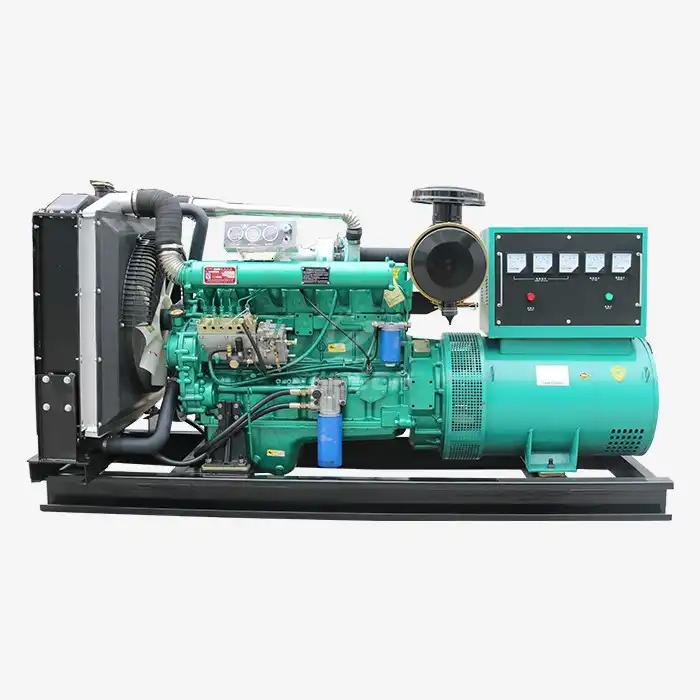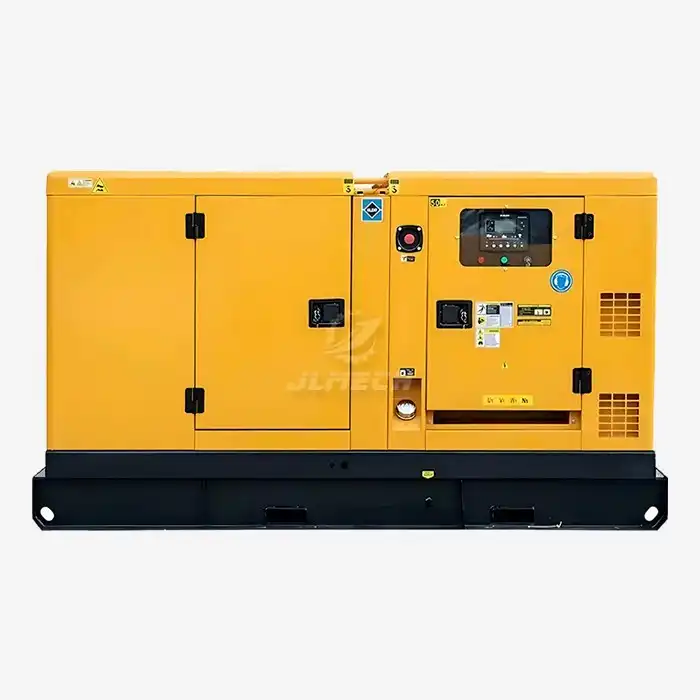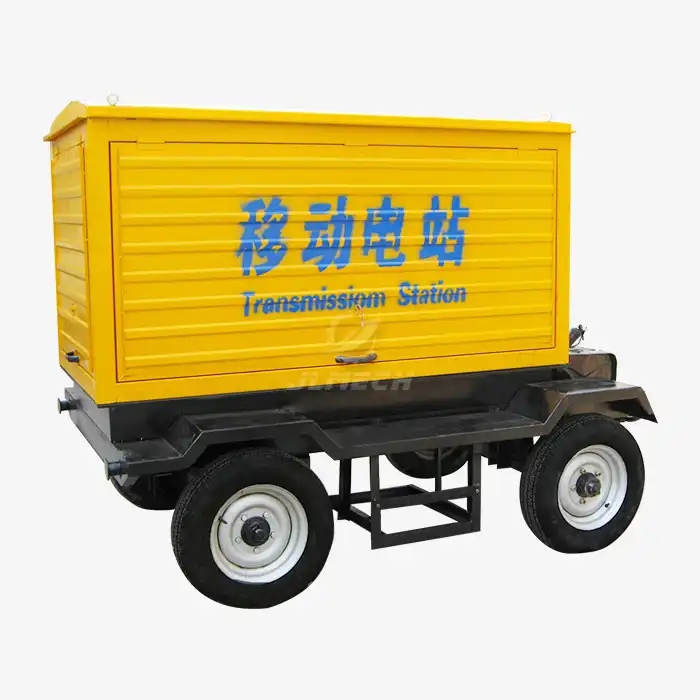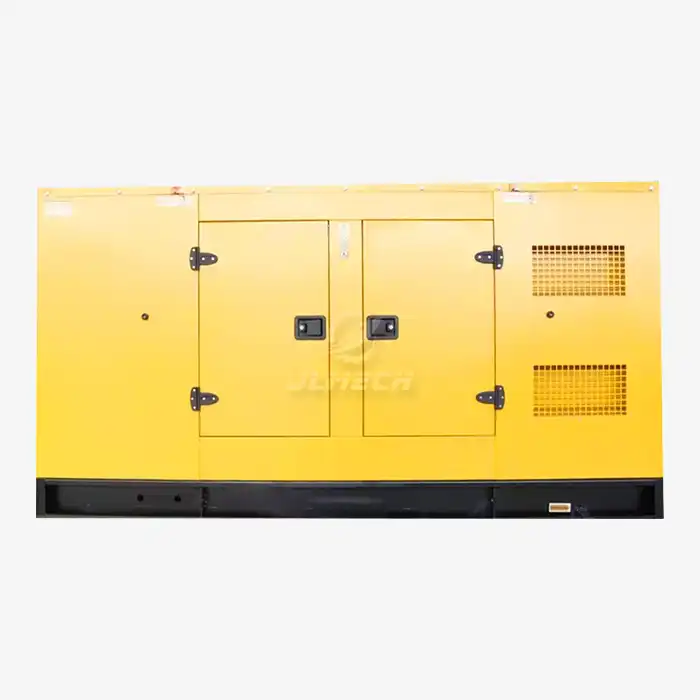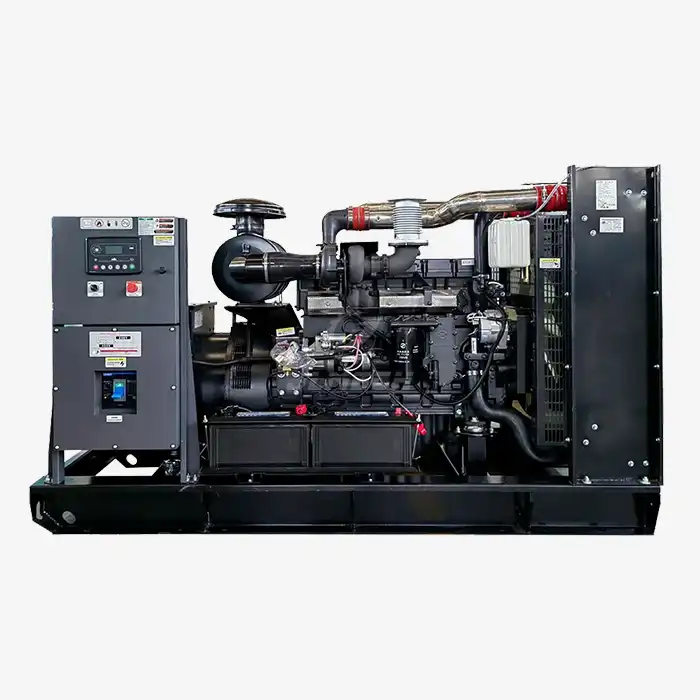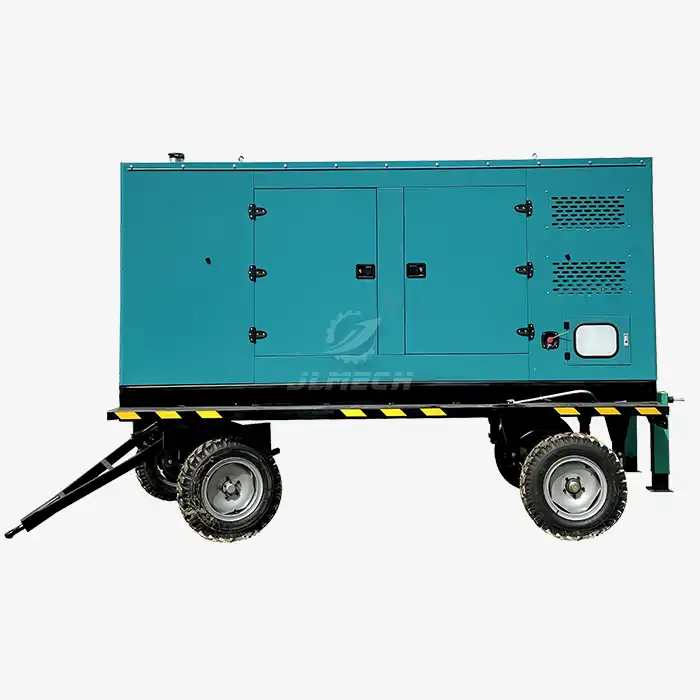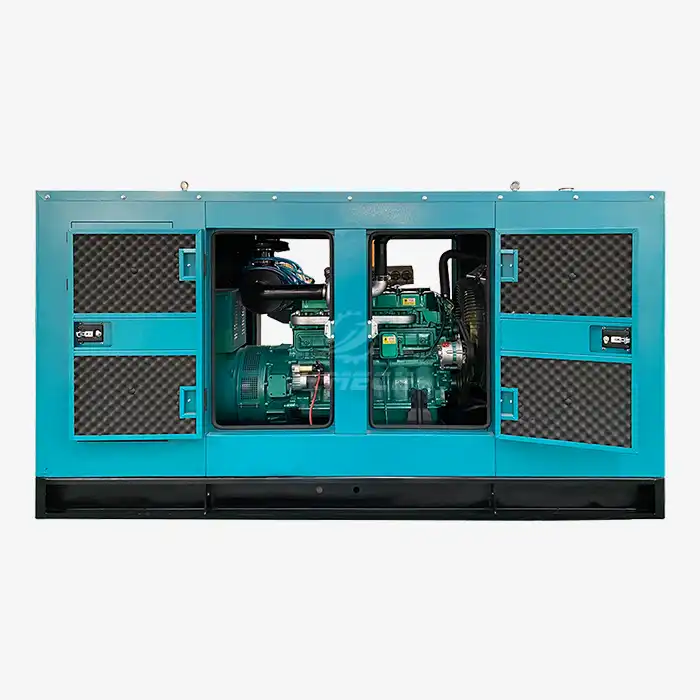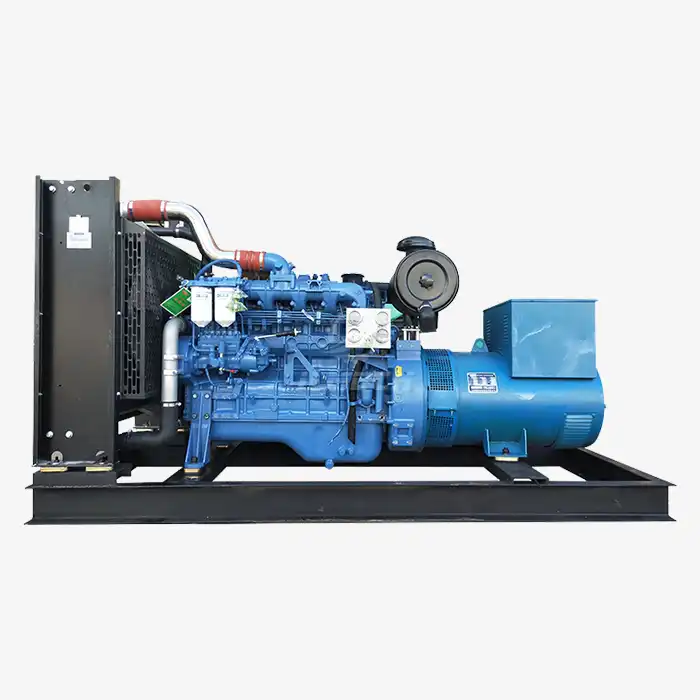What is the most common problem of generators?
When generators fail, the root cause often traces back to a lack of monitoring and intelligent control. Many common issues—like startup failure, unstable operation, or sudden shutdowns—could be prevented with early detection and proactive management. This is where an advanced generator control board becomes the decisive factor. It serves as the central nervous system of your generator, transforming raw data into actionable insights and preventing minor issues from escalating into costly downtime.
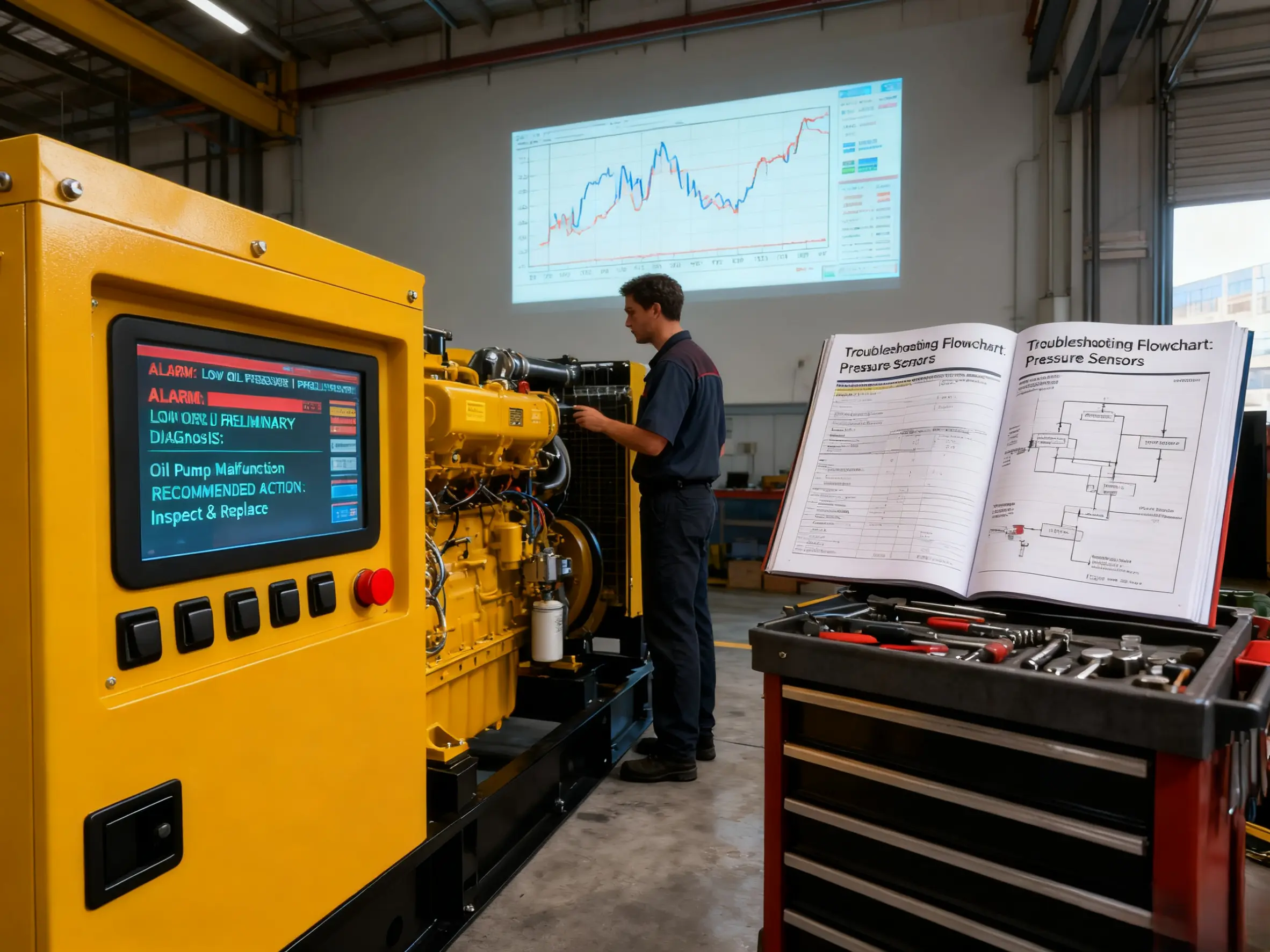
Problems a Generator Control Board Can Predict
A sophisticated generator control board does much more than just start and stop the generator. By continuously monitoring sensors across the entire system, it can provide early warnings for a range of common failures:
Low battery voltage or charging system faults
Fuel supply issues and filter clogging
Rising engine temperature and coolant problems
Irregular oil pressure
Electrical overloads and frequency instability
Imminent component wear based on running hours
This predictive capability shifts your maintenance strategy from reactive repairs to proactive prevention, saving time and significant expense.
Common Generator Issues and Control Board Solutions
Let’s break down the most frequent generator problems and how a modern generator control board helps avoid them.
Battery Failure
The Problem: Dead or weak batteries are the leading cause of non-start situations.
How the Control Board Helps: It continuously monitors battery voltage and charger status. If levels drop below a set threshold, it triggers an early warning alarm, allowing you to address the issue before the next scheduled start.
Fuel Contamination and Supply Issues
The Problem: Dirty fuel, clogged filters, air in the system, or microbial growth (“diesel bug”) cause hard starting, power loss, or engine shutdown.
How the Control Board Helps: Sensors monitored by the generator control board can detect low fuel pressure or irregular flow rates. Advanced panels can even integrate with fuel polishing systems or trigger alerts for scheduled filter maintenance based on running hours or pressure differentials.
Cooling System Failures
The Problem: Coolant leaks, low coolant level, or a faulty thermostat lead to engine overheating, which can cause severe engine damage.
How the Control Board Helps: It provides real-time temperature readings and immediate alerts for high coolant temperature. It can also monitor coolant level sensors, providing a preemptive warning before the engine ever reaches a dangerous temperature.
Oil Pressure Problems
The Problem: Low oil pressure due to leaks, pump failure, or degraded oil can lead to catastrophic engine wear.
How the Control Board Helps: The board monitors oil pressure in real-time. It will not only shut down the engine to protect it if pressure drops critically but can also alert operators to a gradual decline in pressure, signaling the need for inspection.
Electrical Faults and Overloads
The Problem: Voltage spikes, frequency fluctuations, or circuit overloads can damage both the generator and connected equipment.
How the Control Board Helps: It constantly measures electrical output. If values deviate from preset limits, the board can shed non-critical loads, attempt to stabilize output, or safely shut down while providing a precise fault code diagnosis.
Key Considerations
To maximize the benefits of a modern control system, keep these points in mind:
Not All Panels Are Equal: Basic panels offer minimal protection. Invest in a panel with a digital display, comprehensive alarm history, and communication capabilities.
Regular Updates: Ensure your control board’s firmware is up-to-date for optimal performance and access to the latest features.
Professional Integration: Proper installation and configuration by certified technicians are crucial for the system to function correctly.
Preventive Maintenance: Even the best generator control board cannot prevent issues caused by neglecting physical maintenance. Use its alerts as a guide for a comprehensive maintenance schedule.
Conclusion
The most common generator problems share a universal solution: visibility. By providing real-time data, early warnings, and automated protection, a modern generator control board is your most powerful tool against unexpected failure. It turns your generator from a simple machine into a connected, intelligent asset.
At JLMECH, we understand that reliability is built on advanced technology and uncompromising quality. That’s why our diesel generators are equipped with top-tier control systems designed for clarity, durability, and smart operation.
Our engineering team is ready to help you select or upgrade to a control solution that meets your operational demands. For generators you can trust, backed by control systems you can rely on, contact us for a consultation.
Email our experts at skala@whjlmech.com to discuss your specific needs and discover how JLMECH can power your business with confidence.
References
Anderson, T. (2021). Intelligent Monitoring Systems in Power Generation: Reducing Failure Rates through Predictive Analytics. Journal of Power Engineering, 15(2), 112-128.
Roberts, K., & Miller, L. (2020). The Role of Control Units in Modern Diesel Generator Maintenance. International Journal of Electrical and Power Engineering, 8(4), 45-59.
Wilkinson, S. (2019). Diesel Generator Set Handbook (4th ed.). New York: Elsevier Science.
Evans, P. (2022). Enhancing Generator Reliability through Advanced Control Panels. IEEE Transactions on Industry Applications, 58(1), 210-225.
International Electrotechnical Commission. (2018). *IEC 61439-1: Low-voltage switchgear and controlgear assemblies*. Geneva, Switzerland.



